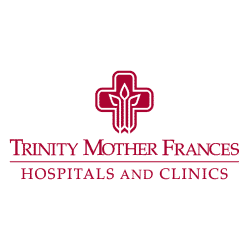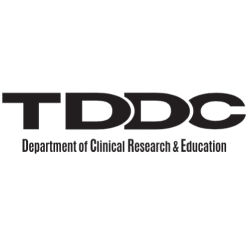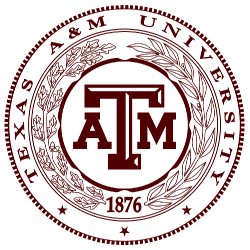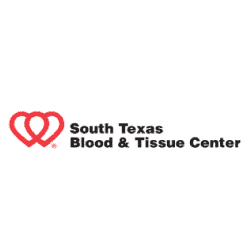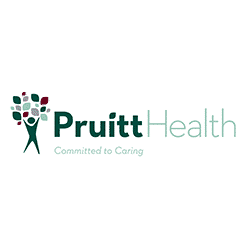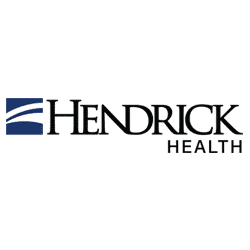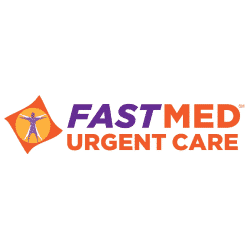MedSharps Focuses on “Greening” Medical Waste
In a warehouse in Schertz, Bill Jewitt is trying to help medical facilities reduce their carbon footprint and lower their own cost at the same time. The company, called MedSharps, shares space with the document shredding business Marshall Shredding, and became a division of the paper recycling business two years ago.
His goal, he says, is to find new ways to help health care facilities “green the red waste stream” by reducing the amount of medical waste that goes to landfills.
MedSharps’ key focus right now is the red containers used at hospitals to dispose of needles, gauze and anything else that may come in contact with infectious material. Typically, these items are disposed of in non-reusable bins that are sent in an incinerator to be melted down before reaching a landfill.
But last year, after partnering with Rob Marshall, Jewitt signed up to be a distributor for Sharps Away, which had recently received FDA approval for industrial washing and recycling of its red containers, ranging from two to 17 gallons. Sharps Away is a division of Solutions Inc., of Louisville, Ky.
So far, MedSharps’ biggest competitor for reusable containers is Chicago-based Stericycle, which produces a product as part of its Bio-Systems program.
The Sharps Away containers can be reused 156 times, compared to the single-use containers that must be melted down. The containers are tracked through bar coding, and randomly tested to ensure they are free from bacteria and viral infection.
“What we’ve done is provide to the facilities a container that can be used multiple times for the sharps for their facilities,” Jewitt says. “It takes the single-use-only container out of the waste stream. It has an environmental impact on the facilities.”
Indeed, a 2009 study reported in the Journal of American Medical Association, found that the health care industry was responsible for 8 percent of the country’s total carbon dioxide input, according to Science Daily. The analysis found that hospitals were by far the largest contributor, Science Daily reported.
Changing Industry
Behind a reception area and a group of offices off FM Road 3009, MedSharps is sterilizing waste. A mechanical device removes the lid from the reusable bins, which are then emptied into other bins. The Sharps Away lids and containers are then put through an industrial dishwasher and removed to dry. Several feet away sits an autoclave machine. Nearby there are bins containing stacks of redbags, as well as the waste from the Sharps Away containers.
The bins are placed in an autoclave machine which “cooks” the waste for one hour. The process sterilizes the contents and reduces its size by about half. The waste is then compacted and shipped to a local landfill in San Antonio, saving money on transportation. It also saves the generator — hospital, clinic or doctor’s office — on liability because it is disposed of locally. Due to federal and state regulations known as “cradle to grave” laws, regulated by both federal and state, a generator is responsible for the waste until it is properly treated.
In comparison, competitors take non-treated waste to a treatment facility in Bastrop, where it is then deposited in a nearby landfill, adding to the carbon footprint and the liability.
Jewitt says he is currently researching ways to further recycle by-product that comes from the treated waste. For example, one possibility is removing the needles and other waste, shredding them, and using them for alternative fuels in the construction industry.
It’s all part of MedSharps’ business plan to handle all of a facility’s medical waste and develop new ways of dealing with other regulated medical waste that would further reduce cost. For example, currently MedSharps deals with trace chemotherapy waste the same way its competitors do, since Texas regulations call for such waste to only be accepted at one incinerator — Waste Management’s facility in Chamber’s County. However, MedSharps is researching an alternative treatment to trace chemotherapy waste, using a shredding process with a chlorine dioxide mixture to make it safe for a local landfill.
Big Steps
So far its business has been well-received.
The South Texas Blood & Tissue Center has been using MedSharps for the past year. According to a spokeswoman for the collection and distribution center, MedSharps has saved them 30 percent of the cost from what they were paying their previous provider. “We use them because of the cost savings and customer services,” says Claudia Castano, assistant director for quality assurance. “They have great customer service throughout their organization.”
On Dec. 17, MedSharps was granted a contract to serve the South Texas Veterans Health Care System and the Valley Coastal Bend Health Care System — some 15 facilities including Audie Murphy VA Memorial Hospital, as well as Kerrville Veterans Hospital. The $206,000 annual contract is renewable for five years. The contract calls for MedSharps to treat 500 reusable sharps containers weekly, which amounts to several thousand pounds of waste each month.

